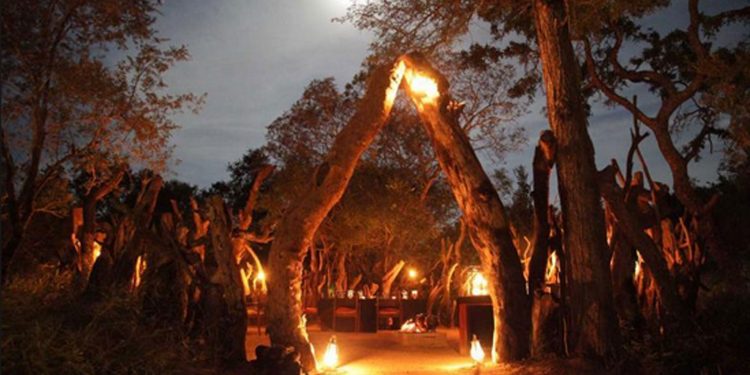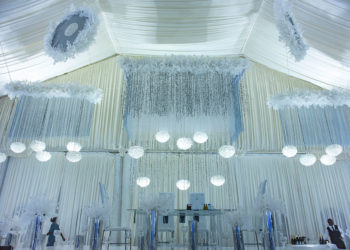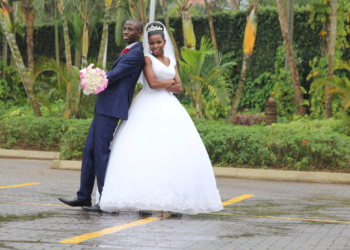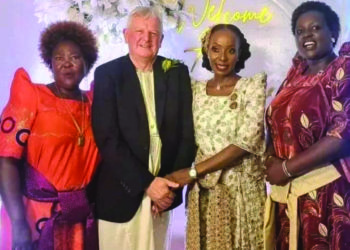By Esther Nantambi
When a person is going to get married, there is a party made at their home the night before the D-day. In Buganda, this ceremony is dubbed kasiki. On the outlook, a kasiki is simply a celebration held at both the groom’s and bride’s home the night before their wedding day. The parents are the major organisers of the event and many relatives and friends gather to dance, eat and drink, as they say good bye to the bride or groom-to-be.
The function however has more to it than that. Ssenga Lynn Amida Namatovu from Nalumunye, near Jomayi explains the significance of a kasiki ceremony.
Origin
In Buganda, when there was a baby was born into a family, the mother of the child wouldn’t sleep in the night because the child was considered to be fragile. That first night of the child, people would not sleep. They would surround the fireplace as they enjoyed booze. After that, they would continue checking on the new mother (nakawere), bringing her booze and special fire-wood( ebisiki) from special branch of the Kasana tree, which takes long to burn out when lit. For a period of two months, the mother would stay in constant supply of booze and firewood, to help her desist from sleeping off, least the baby gets harmed.
When the period elapsed, the mother would keep one log of firewood (ekisiki) from the lot. This she would bring out next when the child was set to get married.
Significance of the kasiki
When the child has finally grown and set to get married, their mother would bring out that small piece of wood, ekisiki and add it to the fire place to reminiscence about those years when she had to keep awake. wing the send-off of their child. Just like during childhood, the firewood was to give them light, as they filled their void with booze.
Senga Namatovu clarifies that instead of firewood, today most people carry paraffin because of the changes in contemporary society. She also predicts that in future, solar panels will take over the paraffin.
Kasiki for a bride-to-be
Like the groom, the bride-to-be would be taken through her sexual roles and advised to be submissive to her husband. Senga Namatovu says that on the morning of the wedding, the mother of the bride would cook for her katogo made of a mixture of matooke and a special kind of mushrooms known as obutiko obubaala. The bride-to-be would drink the mushroom soup before leaving with her husband. The mushrooms were said to cleanse the body of any poisonous substance, while they were also used to help increase bedroom appetite for the bride. Click to read more…










